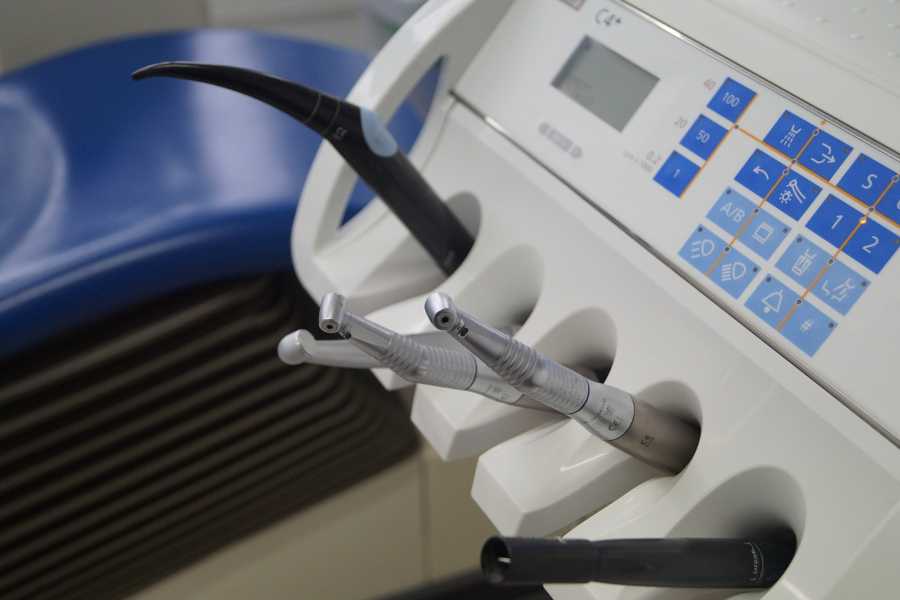Periodontal disease affects millions of Americans, many of whom are not even aware of its presence. Becoming aware of it early is the best way to prevent as much damage as possible to your teeth and gums. Periodontal disease means “disease around the teeth,” and this is exactly what it is, plain and simple. This condition usually starts as inflammation of the gums called gingivitis. With proper care, gingivitis can be reversed. Without proper care, periodontal disease will develop, which can spread to other ligaments and areas that keep your teeth in place. If ignored, periodontal disease can lead to the permanent loss of your teeth due to loss of the supporting structures of your teeth: bone and tissue attachment.
Causes of Periodontal Disease
One common cause of periodontal disease is plaque. Plaque is caused by bacteria, mainly from leftover food. You can feel this developing as a sticky substance that appears over your teeth. In an effort to rid your mouth of the germs, your body attacks the gums, causing them to become inflamed. As your mouth produces more and more substance to fight it, if left unchecked, your teeth end up with layers of plaque hardening into calculus, which works its way up to your gum line, infecting the whole structure.
Plaque is not difficult to deal with in the beginning stages of the buildup. If you cannot get everything by properly brushing and flossing your teeth, your dental hygienist will be able to remove these hardened bacteria from your teeth for you in a regular teeth cleaning. However, as more and more layers build up on your teeth, the plaque hardens into a substance called calculus, which is very hard and is much more difficult to treat. Avoid this problem by having your teeth regularly cleaned by a dental hygienist in conjunction with your semi-annual dental checkup.
Other Factors
While plaque buildup is the main cause of periodontal disease, there are other causes to this gum infection aside from poor dental care over time, such as those listed below:
- Some people are more genetically inclined to develop periodontal disease, though consistent oral care can still prevent this from happening.
- High stress is a huge factor in periodontal disease because stress weakens your body’s immune system, limiting its ability to fight off the infection in your gums (as well as other forms of illnesses).
- Some medications, such as antidepressants and blood pressure medication, cause dry mouth, which can also lead to periodontal disease. Your mouth’s natural saliva production helps constantly wash away food products throughout the day, so without it, you have little defense against infection. This is one reason why it is common for those who struggle with high blood pressure and heart conditions to also have dental issues as well.
- One of the most common external factors that causes periodontal disease is smoking and the use of other tobacco products. Smokers tend to develop heavier layers of plaque on their teeth, causing their periodontal disease to be much harder to treat. The best treatment for this is to stop using tobacco products altogether.
The best way to avoid periodontal disease, whether you are genetically predisposed or not, is to maintain a proper oral care routine, such as brushing and flossing twice a day. Ask your dentist for the best brushing and flossing techniques to ensure you are effective in your home oral care. Having consistently scheduled appointments with your dentist is your best bet to avoid the development of an issue that will be more extensive and costly to treat. If you haven’t made it in for a cleaning recently (in over 6 months) make an appointment so that you can rest assured that you are doing everything to maintain a healthy set of teeth and gums!
Do you have concerns about the health of your teeth or gums?


